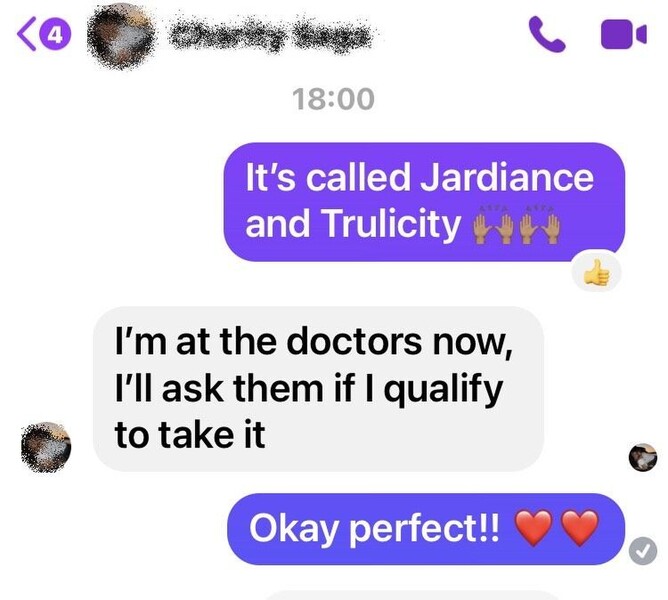The new medications, Jardiance and Trulicity have at last been approved by Pharmac. This is an excellent start, and has been thanks to the dedication over a number years of a number of people...clinicians, patients, organisations, and advocates.
The next question however is, how to get those medications to those who will really benefit most. It is well known that some groups are more likely to uptake new treatments, others not so much. This tends to widen the disparity between groups, and those least advantaged may fall further behind. Diabetes Foundation Aotearoa in conjunction with Blackland PR, with funding from Foundation North, has a community awareness project to look at increasing the uptake by encouraging patients to ask their GP's and other prescribers about whether the new medications will benefit them. The project is planned to include a range of ways of making contact including social media, influencers, community networks, direct contact with GP's/leaders/other key community members, leaflets, and website information accessed by scanning a QR code. The findings are expected to be published once the project is completed. UPDATE 2023 - more information here
Rationale for the project comes in part from recommendations made by Professor David Simmons who analysed data from the long running DCSS quality improvement audit carried out by Diabetes Foundation Aotearoa until 2018. Key points from analysis in 2019 include:
Professor Simmons reported that less than 50% of patients achieved the target glucose control (HbA1c <53 mmol/mol). Māori and Pacific patients had the poorest glucose control - worse than any other population in the Western World (40% of Māori and 30% of Pacific patients achieved the target)
Microalbuminuria, a precursor of early kidney damage and dialysis, remained at high levels throughout the 25 years, affecting 20% of NZ Europeans and 35% of Māori and Pacific patients.
Compared to non-diabetic individuals, mortality rates of diabetes patients remained high compared with the general population at 2-fold among NZ Europeans, 4-fold among Māori and over 3-fold among Pacific patients.
Hospitalisation rates primarily due to kidney diseases increased, with rates of 7-9% among European and Pacific patients and over 11% among Māori patients.
Professor Simmons concluded blood glucose was severely under-managed and likely to have caused the high levels of premature death and diabetic kidney diseases. This is likely due to no access to modern glucose lowering medications SGLT-2 inhibitors (Jardiance)and GLP-1 receptor agonists (Trulicity), the only drugs shown to reduce death.


